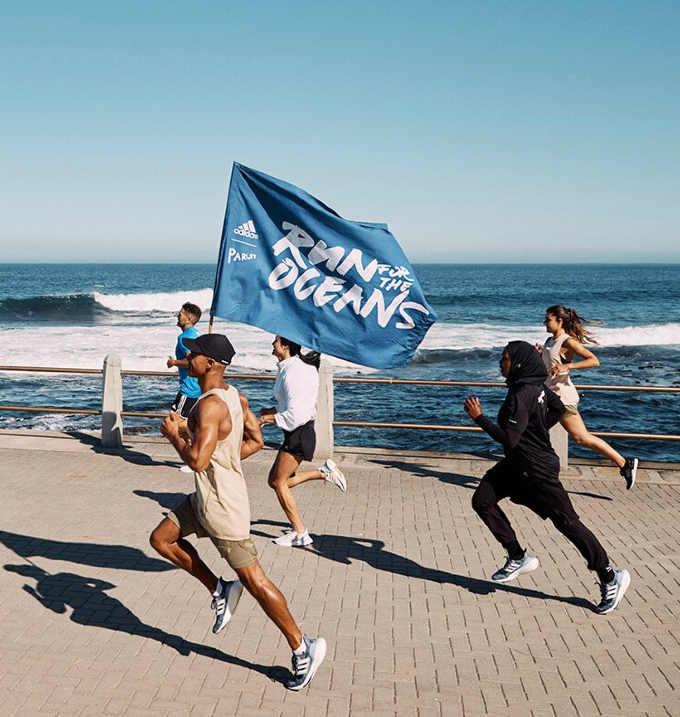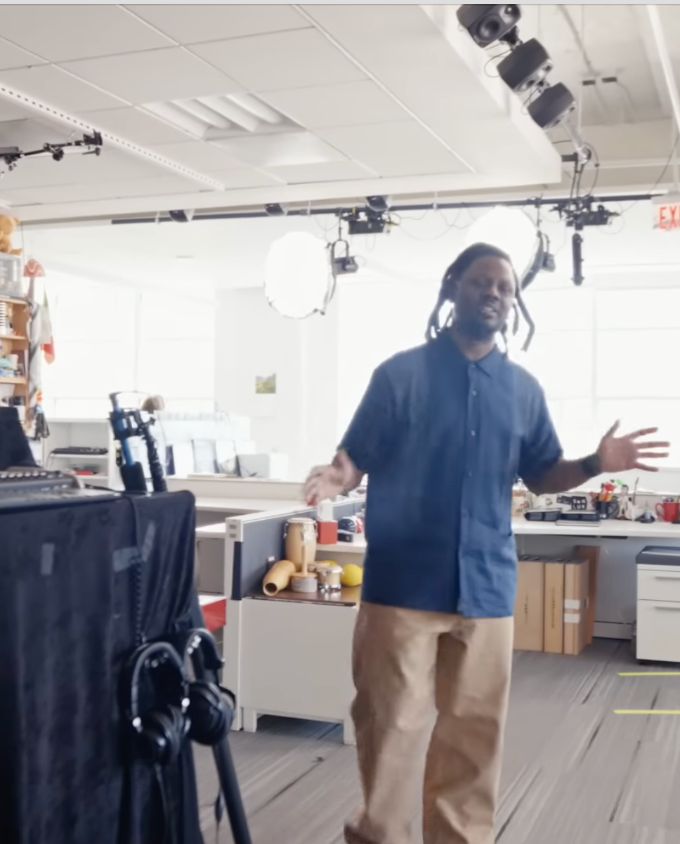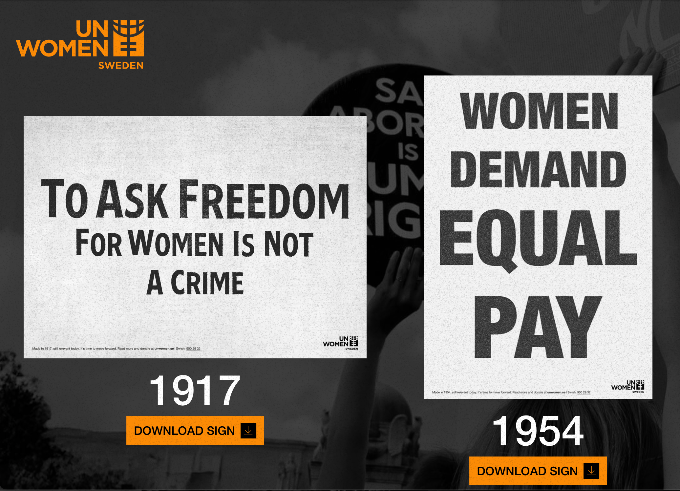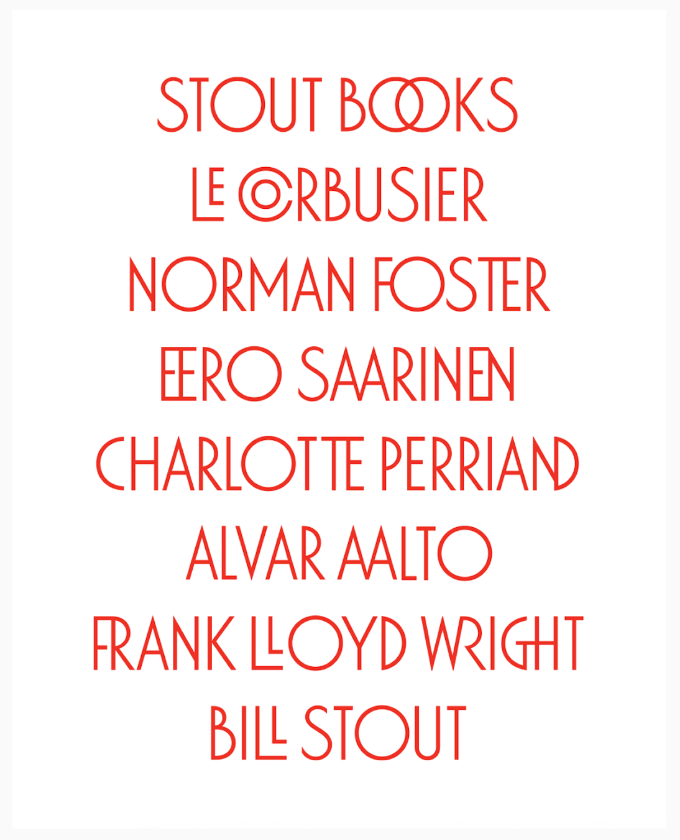May 16, 2025
Communication
It's not what you say, it's how you say it.

Adidas partnered with Parley for the Oceans to create a campaign encouraging people to participate in runs that raise awareness about ocean plastic pollution. The campaign focused on community engagement and positive action-turning ocean plastic into sportswear-rather than guilt or pressure. This gentle, empowering approach inspired global participation and promoted responsible choices without judgment.
Jasmine Mohsen is a doctoral researcher in consumer psychology and behavior. She studies why people buy what they buy.
Lately, she’s been asking why so many shoppers resist changing their clothing habits, even as awareness of fast fashion’s environmental toll grows. One obstacle, she’s found, is the language used to promote change. So she tested how assertive messages like “Stop shopping to save the planet!” stack up against gentler prompts such as “Consider shopping less for a greener future.”
The results were clear: pushy messaging not only fails—it often backfires. It can trigger anger and defensiveness, undermining the very goals of the campaign. At the core of this response is something called psychological reactance: a natural resistance to messages that feel like threats to our freedom.
People value autonomy. When messages use language like “must,” “stop,” or “don’t,” they can prompt a boomerang effect—where people push back, even if they agree with the idea. For many, buying clothes is tied to self-esteem, confidence, and enjoyment. Shopping can feel empowering. But when campaigns rely on guilt or pressure, that sense of choice disappears, often replaced by discomfort or irritation.
In the end, Mohsen’s research suggests that softer, more respectful messaging might do a better job of building trust—and encouraging lasting change.
ARTICLE: Shop Smarter, Not Harder. How Gentle Messaging Can Help The Planet More Than Tough Talk
Social Messaging




